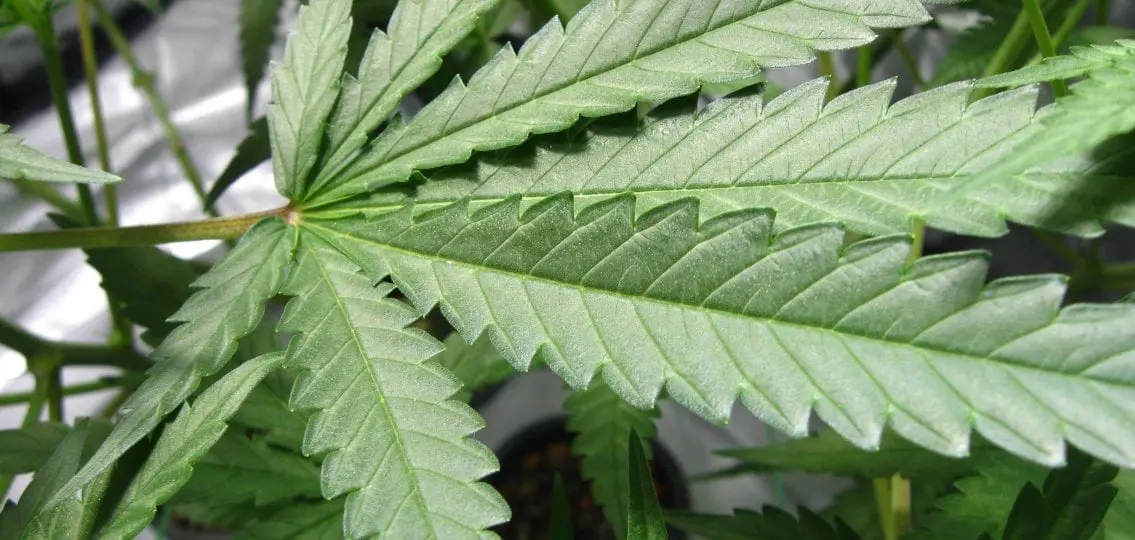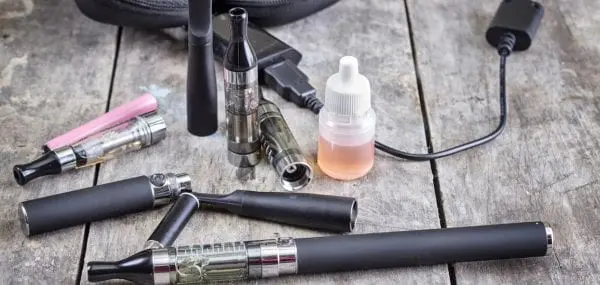Opponents of the legalization of marijuana seem to have fought a losing battle for the past 17 years. As of Nov. 6, 2012, the states of Colorado and Washington have both voted in support of recreational marijuana, and I can’t fail to mention the 16 other states (not including Washington D.C.) that have legalized marijuana in the medical setting since 1996. But why has this change occurred? Personally, I view marijuana legalization as a change that could be beneficial to many. It could be detrimental, however, overall detrimental if we do not handle legalization properly.
Medical Marijuana
Research has proven that marijuana has medical benefits for various diseases, from chemotherapy for cancer to AIDS. While cannabis doesn’t seem like it would be the best first choice for medical patients, licensed doctors do, truly, know best. Furthermore, as long as the informed patient is willing to try this form of medication, he or she ought to have the final say in the matter. Marijuana may prove to have an untapped potential to help those with severe ailments. But to see how deep the benefits really go, we need to first make legalize weed in the medical scene.
As for total legalization, I am in hesitant support. I believe citizens should have the right to make this recreational choice themselves. The results, however, have been remarkably bleak in the past. Alaska decriminalized marijuana possession and some marijuana growth in 1975. And teen use in Alaska skyrocketed to two times the national average. The rate only receded when Alaska rescinded these changes in 1990. Of course, unlike Colorado and Washington, Alaska didn’t have an age restriction.
Recreational Use
On the other hand, I can’t say in all honesty that I support the government’s criminalization of citizens’ actions regarding marijuana. Spanning nearly the entirety of grades K-12, most students across the nation hear programs such as mandatory health classes and D.A.R.E. in an effort to raise awareness about the effects of drugs and alcohol on the minds and lives of those who use them. With this immense amount of knowledge, citizens should be capable of making their own educated choices about the usage of recreational cannabis. Then they should choose being criminally indicted for their decision. In essence, it ought to be treated in the same manner as alcohol. It should be restricted from minors and altogether consumed with discretion.
Economic Benefits
On a less ideological point, the legalization of the marijuana industry would create a new wealth of jobs and opportunities for taxation. These jobs could only help the economy in times of a recession like the one we’re struggling to emerge from. The additional revenue could ease the federal deficit’s pressure. Not only for current members of the workforce but future workers as well. With marijuana legalization, our economy would open a new sector to utilize in the best ways possible.
In summation, the positive effects outweigh the negative if the federal government decriminalized marijuana in the medical setting and cautiously legalized marijuana for recreational use.




